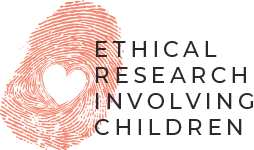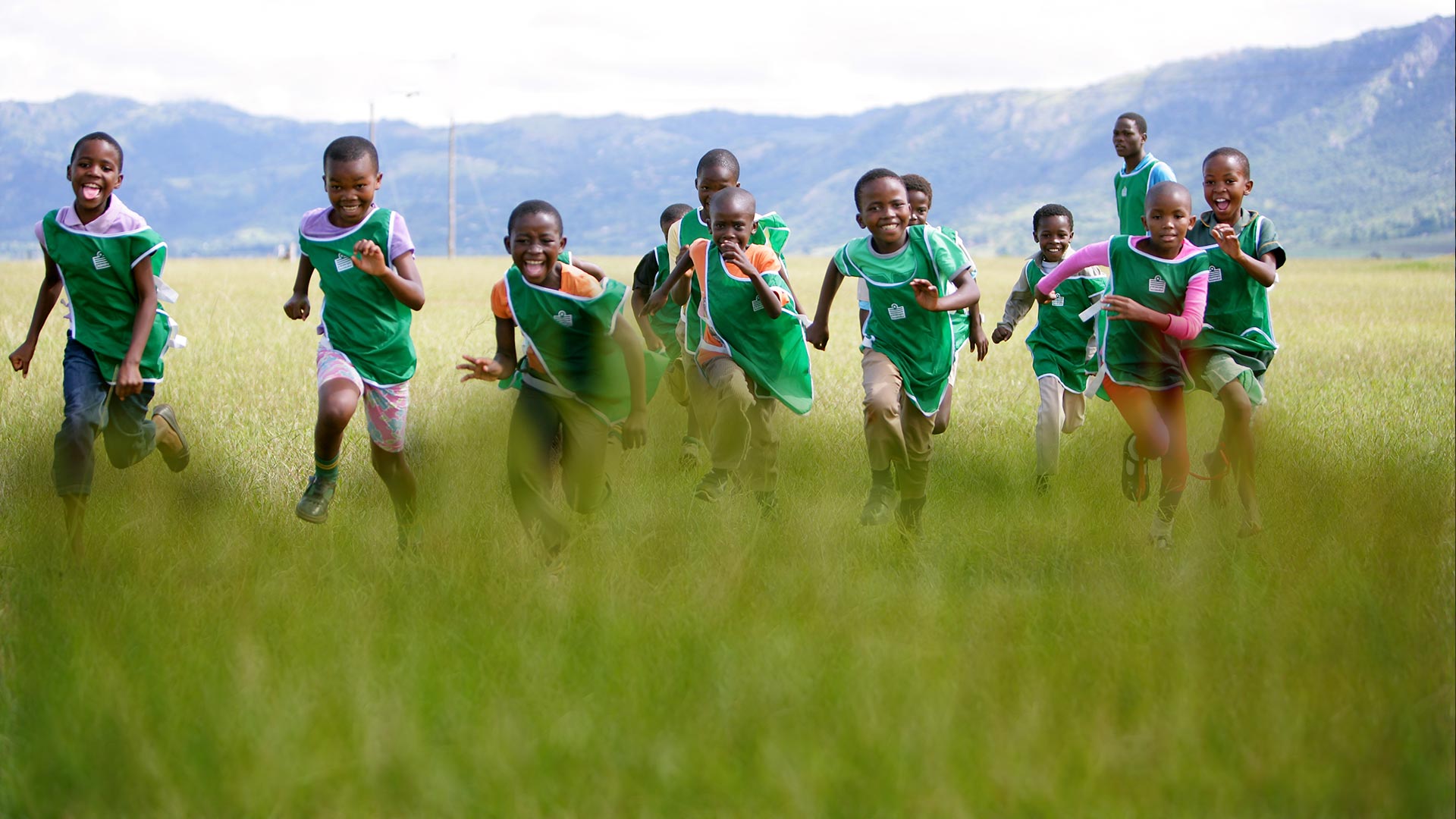Questions about ethics
Why should ethics for conducting research with children differ from research with adults?
The ethical principles (such as respect, beneficence, non-maleficence and justice) underlying research are the same regardless of whether the participants are children or adults. However, the ethical considerations take on particular nuances (and challenges) in research with children. By virtue of children’s social status, perceived immaturity and vulnerability, ethical research with children requires special attention to afford children protection from harm and exploitation. At the same time, upholding children’s right to participate and be heard is critical to respecting their dignity and wellbeing. Such tensions in research with children, alongside significant issues of power and representation, require critical reflection and dedicated methodologies.
What types of research does the ERIC project cover?
Elements of the ERIC project are relevant to all types of research with children, across all sectors and disciplines. The Ethics Charter and Ethical Guidance have been developed in consultation with researchers from a wide range of countries, sectors and disciplines. In-depth guidance for specific sectors or organisations is beyond the scope of ERIC, however, where possible, readily available sector and context specific ethical guidelines have been included in the Library section of our Resources webpage.
In which cultural contexts can the elements of ERIC be used?
The elements of ERIC can be used in any and all cultural contexts. They are based on universal ethical principles and invite researchers to reflect on key issues in light of the local context in which they are undertaking research involving children. The Ethical Guidance is not tightly prescriptive in approach, so as to allow for international application. It encourages researchers to know their own social and cultural context and emphasises the importance of local consultation and relationship building.
Can I get further advice from ERIC specific to my project / situation?
While ERIC is not specifically set up to offer individualised advice to researchers, there are several ways of getting advice and further information from the website. Questions and comments can be posted on the Forum which other researchers can then respond to and offer advice and opinions. Keywords can be used to search the Resources section of the website to find case studies, journal articles, books and other literature which may be helpful for your specific project or situation. The Ethical Guidance section has links to downloadable PDFs from the ERIC compendium and these include information and discussion of many key ethical challenges and issues in research with children.
I am a child and I want to do research. Will this website help me too?
At this stage there is not a section of the website specifically for children, although we hope to add that soon. We are working on a section that will offer access to resources for children interested in doing or participating in research. In the meantime, posting a comment or question on the Forum is one way of gaining information from other researchers about available resources.
Children are all different (e.g. age, gender, world view). Does one set of guidelines cover all children?
We agree that children are all different and that childhood is lived in a wide range of different contexts. However, the guidance offered in ERIC is useful for ALL research involving children. It is not guidelines as such, but guidance intended for use by researchers as they reflect on research in their own unique context. The ethical principles underlying the guidance and resources are universally relevant. We anticipate that organisations may want to develop their own guidelines for use alongside ERIC, incorporating these principles, to best meet the specific needs of their own research situation.
Is this a static document or is it constantly updated (to reflect new methodologies, values and research)?
The ERIC website is constantly updated with new information, literature and resources. While we actively search out new material to add, we also welcome contributions and suggestions from researchers. This includes contributions of case studies relating to ethical issues and challenges, written by researchers. Please see the Contact page. We also welcome comments posted to our online Forum for discussion. The downloadable PDFs throughout the website are drawn from the published ERIC compendium and thus remain static. However, we envisage updating the ERIC publication with new editions, in accordance with the latest material and ideas.
Where do I find resources specific to my country/region (such as legislation around ‘working with children’ checks)?”
ERIC does not offer country-specific resources at this stage. This is something we may add in the future if there is a demand for it. We recommend that you contact your local or national research ethics board (for example, Health Research Council) or NGOs in your area, who work with children, for advice. On the ERIC website, geographical region can be used as a keyword to search the Resources section for literature relevant to specific areas.
Questions about the website
How can I add resources I think would be useful to others?
Please use the contact form on the contact page to send the website manager copies of your resources along with a brief explanation of how you feel they would be beneficial to others. We will then consider your contribution and get back to you shortly afterwards.
I’d like to discuss a concern I have about content or images, how can I do this?
Please use the contact form on the contact page to outline your concerns and we will get back to you promptly.
Will there be ethics-related training opportunities?
ERIC will continue to develop and evolve over time and we intend to provide training resources for researchers as a part of this. We also hope to use this website to promote quality training opportunities that may arise. Please check the website regularly for these developments.


